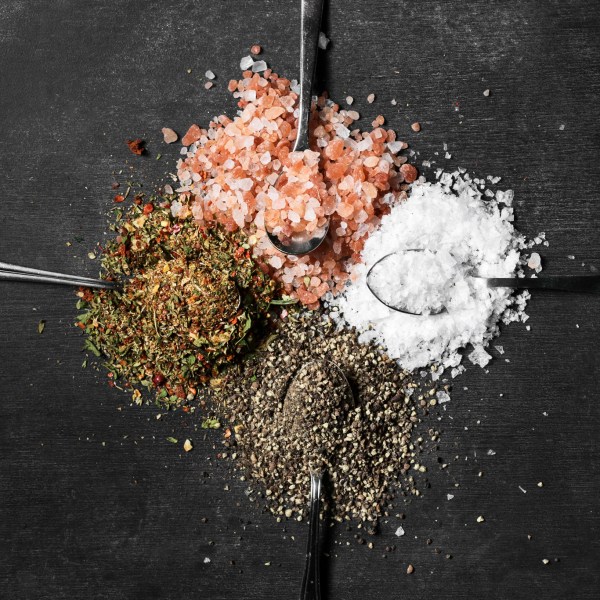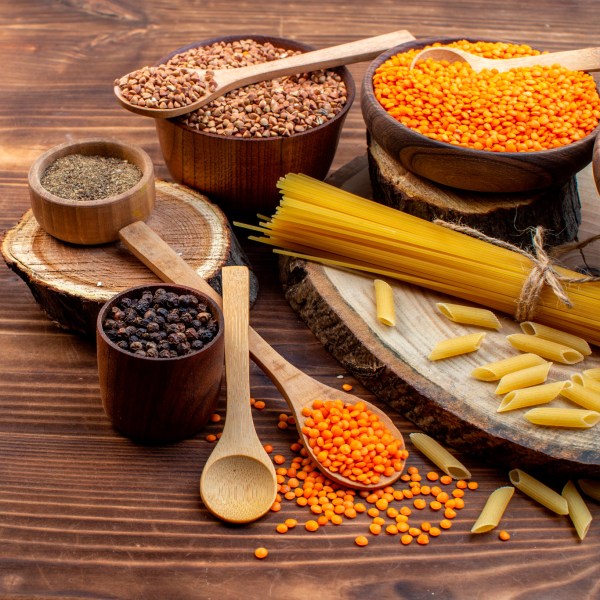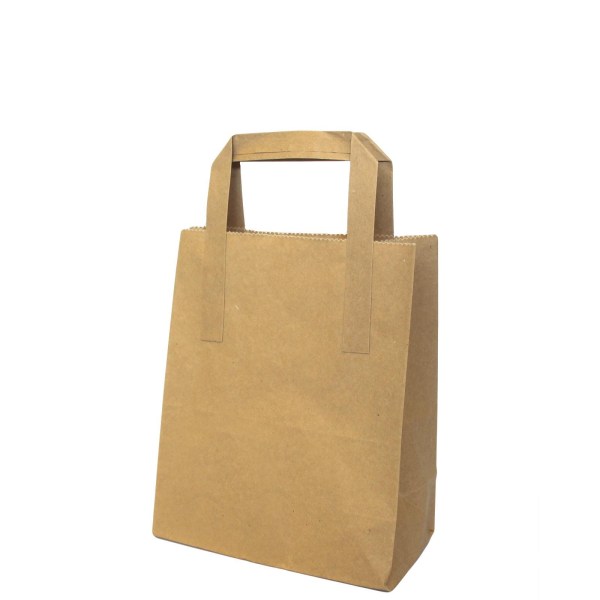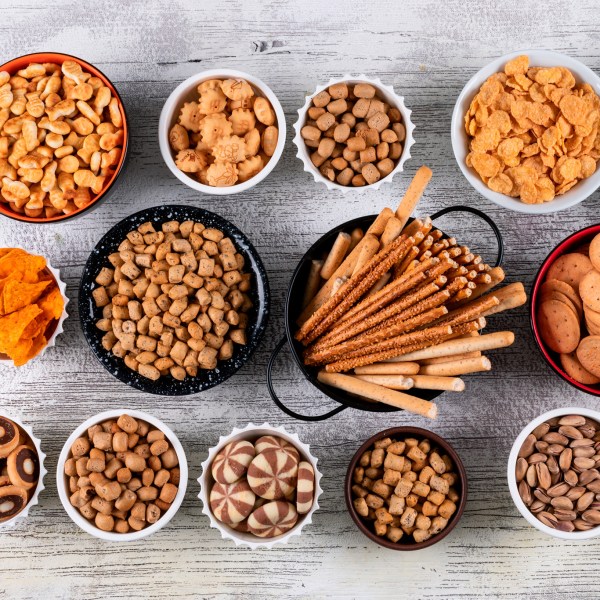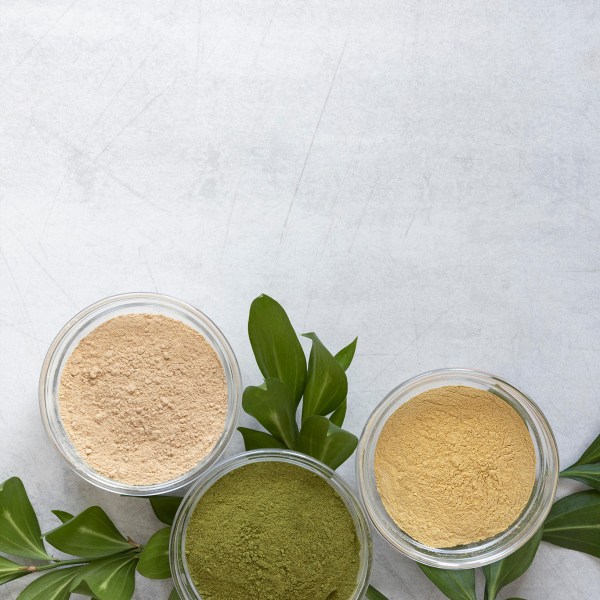Composting
Why is composting important?
Waste reduction: Most household waste is organic material that can be composted instead of going to landfill.
</Most of the waste is compost, which can be disposed of as landfill.Productive soil: Compost is rich in nutrients that promote healthy plant growth.
Environmental: Methane emissions from organic waste decomposition are significantly reduced when composting is used.
- .
Cost-effectiveness: Composting can reduce the need for finished fertilizers, saving money.
- Reducing the use of compost reduces costs.
Composting reduces waste and saves money.
Composting methods
.
Composting can be done in several ways, depending on the space available and how quickly you want to see results.
Closed composting:Composting is done in open or closed composting bins, usually to process larger amounts of organic matter.
Indoor composting: In special composting vessels, such as the Bokashi composter, which processes waste in an anaerobic environment using efficient microorganisms.
Worm composting: A decomposition process using California worms that can be easily applied indoors.
.
.
The composting process
.
Selecting the right materials: Only put biodegradable materials in the composter, avoid processed foods, meat and dairy products.
Stacking: Mix green (nitrogen-rich) and brown (carbon-rich) materials for optimal decomposition.
- .
Aeration: Adequate aeration helps bacteria to thrive.
Moisture control: Compost should be moist but not soggy.
Make sure that the compost is moist but not wet. Waiting for the ripening process: Depending on environmental conditions, compost ripens in 2-6 months.
Composting products
Composting tools such as Bokashi Organko kitchen composters, compost starters and accessories help ensure an efficient decomposition process.
Composting is a simple, cost-effective and environmentally friendly way to process waste and contribute to a sustainable future. Whether you do it in your garden or your home, composting helps reduce your ecological footprint and provides nutrient-rich soil for your plants.






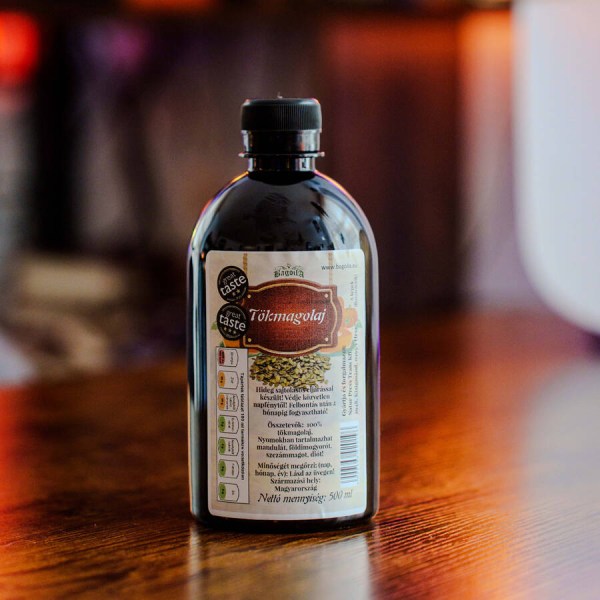
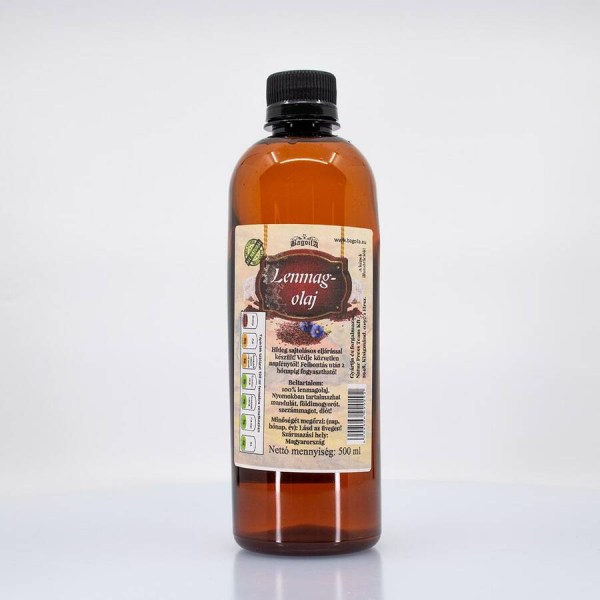
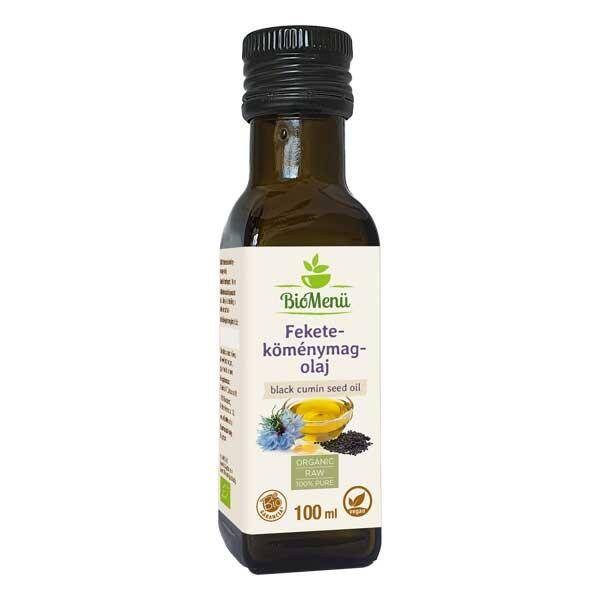
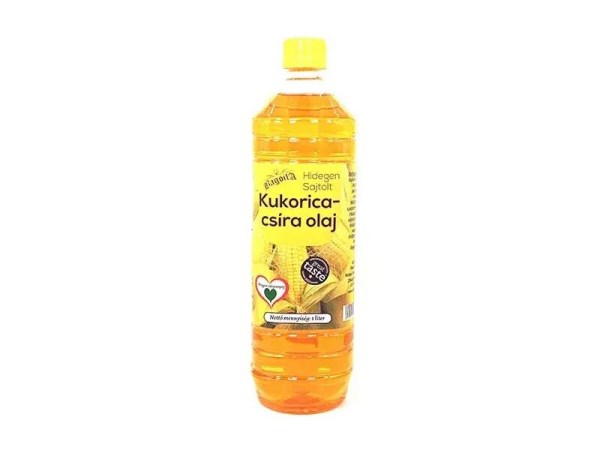




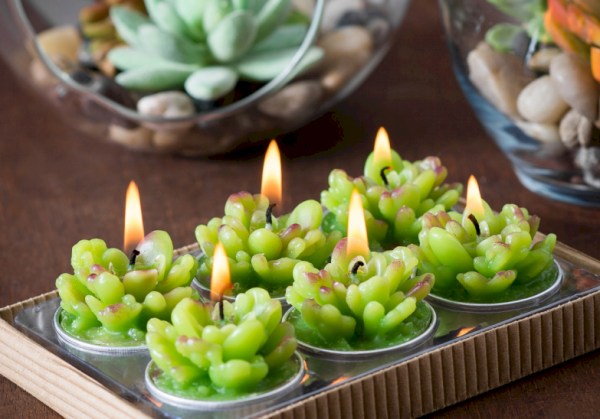
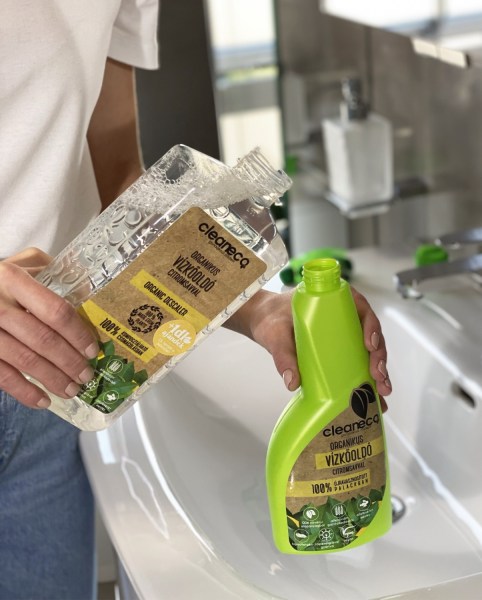

_600x600.jpg)
